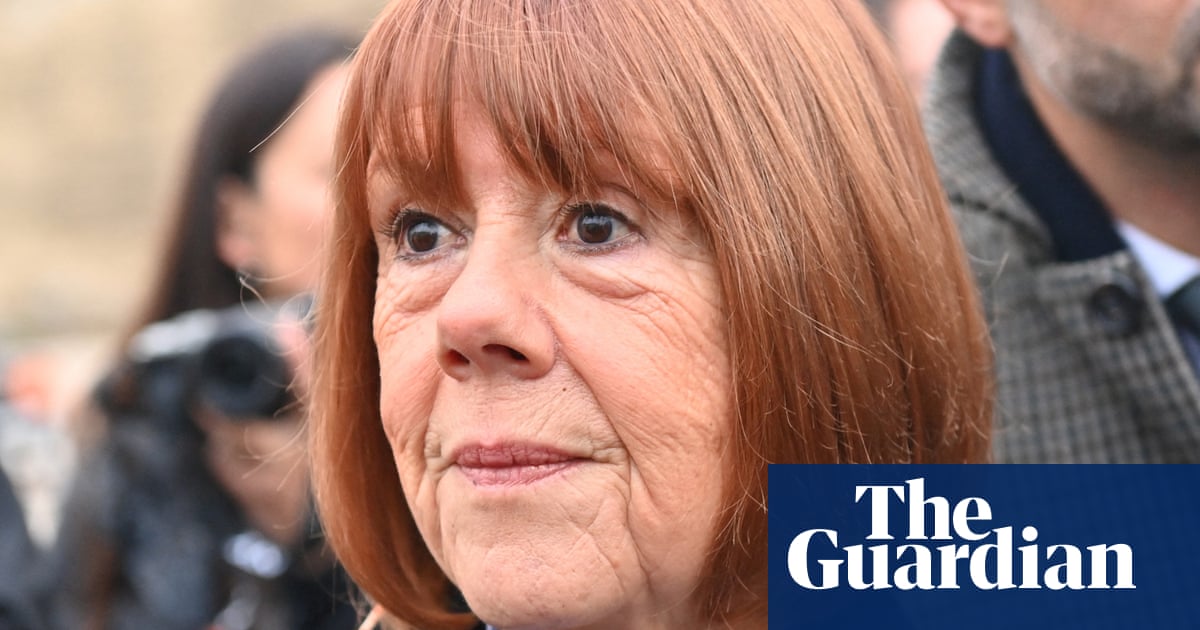Gisèle Pelicot, who survived almost adecade of rapeby dozens of men after she was drugged by her ex-husband, has settled an invasion of privacy case with the French magazine Paris Match.
Pelicot, who became a feminist hero after she decided to waive her right to anonymity in the trial of her ex-husband and50 other menlast year, took legal actionagainst Paris Matchin April.
The weekly magazine had published seven pictures of Pelicot accompanied by a man described as her companion walking in the streets in her new home town.
At the time, Pelicot’s lawyers said it was “shocking” and “disappointing” that Paris Match would secretly take pictures of Pelicot, who had been secretly filmed by her ex-husband during more than 200 rapes from 2011 to 2020. One of the lawyers, Antoine Camus, accused Paris Match of “having learned nothing” from thefour-month rape triallast year.
Before a court hearing scheduled for Wednesday, lawyers for Pelicot and Paris Match confirmed that an agreement had been reached to settle the privacy case. At Pelicot’s request, the magazine agreed to pay €40,000 to two charities that support victims of violence.
The first, Isofaculté, is an equestrian centre based inMazan, the village in the south of France where Pelicot lived at the time of the attacks on her. The equestrian centre supports vulnerable people, including women and children who are victims of violence. The second charity is WomenSafe & Children, a network of groups that support women and children survivors of violence and abuse.
In a statement, lawyers said the case had been solved in a way that provides for “the protection of other victims”.
Pelicot, 73, a former logistics manager and grandmother of seven, had insisted that the rape trial in 2024 should beheld in publicto raise awareness of drug-induced abuse. “It’s not for us to have shame, it’s for them,” she had said.
Her ex-husband,Dominique Pelicot, one of the worst sex offenders in modern French history, was sentenced to 20 years in prison for drugging her and inviting dozens of men to rape her in her home in the south of France over a period of almost a decade of their marriage. A total of 50 other men were found guilty.
The court heard that Dominique Pelicot, a retired electrician and former estate agent, had crushed sleeping tablets and anti-anxiety medication into his wife’s mashed potato, coffee or ice-cream and invited dozens of men to rape her in the village of Mazan, Provence, where the couple had retired.
Pelicot is topublish a memoirnext year. She has said of the book: “I now want to tell my story in my own words … to convey a message of strength and courage to all those who are subjected to difficult ordeals. May they never feel shame. And in time, may they even learn to savour life again and find peace.”
